About Atlanta Detox Center
Atlanta Detox Center in Riverdale, Georgia, is a stand-alone detoxification facility that provides specialized recovery services and treatment of co-occurring disorders. Their holistic healing philosophy helps individuals from all backgrounds break free from alcohol, opiates, benzos, cocaine, and other substances in a safe and welcoming atmosphere.
They’re not running a one-size-fits-all operation here. Every person walking through their doors is unique. That’s why everyone gets a personalized treatment plan that evolves alongside their progress.
Atlanta Detox Center provides evidence-based, 24/7, medically supervised detox programs that address the physical and psychological aspects of addiction. In individual and small group sessions, utilizing techniques like cognitive behavioral and dialectical behavior therapies will help you build a solid foundation for a more meaningful life and lasting recovery.
But they treat more than just addictions. In the Atlanta Center for Mental Health–their sister facility operating on the same campus–you’ll access first-class treatment for depression, anxiety, bipolar disorder, and other mental health conditions that tend to co-occur with substance abuse.
In either campus, their personnel is first rate. What sets their center apart from hospitals and other rehabs is a strong commitment to mental well-being. The staff—licensed therapists, behavioral health specialists, and round-the-clock nurses—have a profound passion for service and a deep understanding of every aspect of withdrawal. They’ll make you feel safe, comfortable, and loved while detoxing.
You will find peace here. At the center, staff members purposefully create a calm environment without the usual stress and triggers that feed addiction. Recovery will be your main focus (Chef Monica’s food and the 24-hour ice cream freezer will make you smile every day, though), and you will have the time and ideal surroundings to work through your issues surrounded by people rooting for you. During your downtime, there’ll be plenty of opportunities to socialize in the activities room, play a friendly game of ping pong, or soak up the Southern charm in outdoor exercise and excursions.
If you’re at your wit’s end with drugs and alcohol, remember, treatments work. It’s normal to feel doubts about seeking help for substance abuse. But no matter who you are or where you come from, if you come to Atlanta Detox while struggling with alcohol or drugs, you’ll encounter a supportive community that will adopt you as one of their own. You’ll always find someone with an open ear ready for you and nourishing activities that help ease the stress. You can transform your life and rebuild yourself from the ground up.
Even when your time with the program comes to an end, your recovery doesn’t conclude when detox is complete. Together, you and your case management team will craft a detailed Exit Strategy that considers your challenges and provides the support you need for long-term sobriety and happiness. This can mean enrolling in a 12-Step program or attending reunions and community events with other alumni.
Recovery is more than getting clean — it’s about reclaiming the life you put on pause. They’re here to help you do exactly that.
Facility Overview
Rehab Score
Gallery

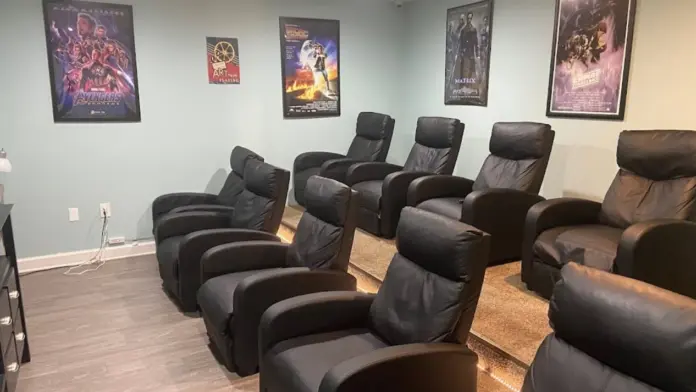


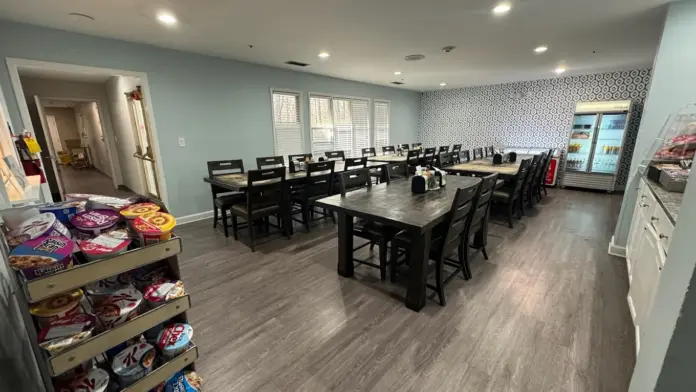

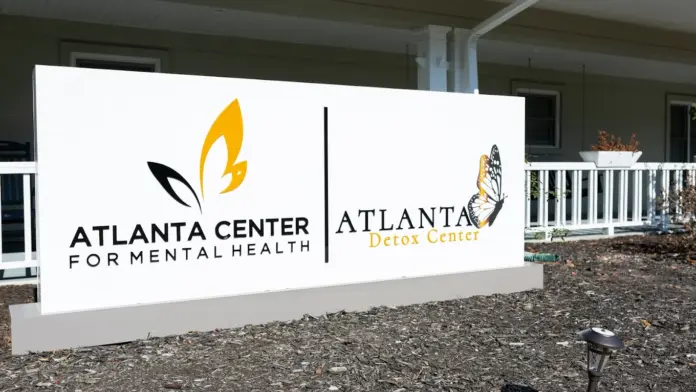

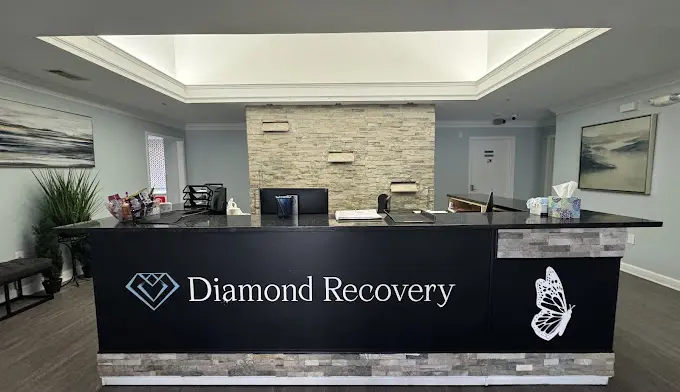
Location
Accepted Insurance












Other Forms of Payment
Private insurance refers to any kind of healthcare coverage that isn't from the state or federal government. This includes individual and family plans offered by an employer or purchased from the Insurance Marketplace. Every plan will have different requirements and out of pocket costs so be sure to get the full details before you start treatment.
Self-pay involves paying for treatment out of your own pocket. You can use savings or credit, get a personal loan, or receive help from family and friends to fund your treatment. If you don't have insurance or your insurance plan doesn't cover a specific program, self-pay can help ensure you still get the care you need.
Financial aid can take many forms. Centers may have grants or scholarships available to clients who meet eligibility requirements. Programs that receive SAMHSA grants may have financial aid available for those who need treatment as well. Grants and scholarships can help you pai for treatment without having to repay.
Sliding scale payments are based on a client's income and family size. The goal is to make treatment affordable to everyone. By taking these factors into account, addiction recovery care providers help ensure that your treatment does not become a financial burden to you or your family, eliminating one barrier to care.
Medicare is a federal program that provides health insurance for those 65 and older. It also serves people under 65 with chronic and disabling health challenges. To use Medicare for addiction treatment you need to find a program that accepts Medicare and is in network with your plan. Out of pocket costs and preauthorization requirements vary, so always check with your provider.
Military members, veterans, and eligible dependents have access to specific insurance programs that help them get the care they need. TRICARE and VA insurance can help you access low cost or no cost addiction and mental health treatment. Programs that accept military insurance often have targeted treatment focused on the unique challenges military members, veterans, and their families face.
Medicaid is a state based program that helps lower-income individuals and families pay for healthcare. Medicaid covers addiction treatment so those enrolled can use their coverage to pay for rehab. When a program accepts Medicaid the client often pays very little or nothing out of their own pocket.
Addiction Treatments
Levels of Care
Treatments
Substance abuse disorders are nothing to be ashamed of. Recognizing you need help is a sign of courage. Atlanta Detox Center helps individuals like you initiate the journey toward sobriety. Their staff will create a treatment that addresses the root causes of why you rely on substances and equip you, in a judgment-free environment, with life-long skills to remain clean and healthy.
Their facilities are a safe haven for anyone who is trying to find a path to sobriety. Alcohol creates physical and psychological dependence. They can help your mind and body heal with medically supervised detox so withdrawal is comfortable and safe. Through therapeutic activities that adapt to your circumstances, you’ll build skills and resilience for a life without alcohol.
The opioid crisis touches every corner of America. Fortunately, effective treatment alternatives exist. At Atlanta Detox Center, individuals battling opioids have the resources, like individualized therapy and MAT, to tackle the psychological and physical aspects of substance abuse, break free from addiction, and leave detox with a whole new view of life.
Opioids, benzos, and cocaine are substances that create physical and psychological dependence. At Atlanta Detox Center, they help individuals like you understand every aspect of addiction, so you get the medical care, life skills training, and mental health support you need to start a fresh chapter in your life and leave substances in the past.
Dual diagnosis occurs when substance abuse and mental health challenges coexist. In the center, professional team members individualized programs to help individuals understand and manage both conditions simultaneously. If you turn to alcohol or drugs to numb depression or ease anxiety, your team will assist you in discovering new coping ways to turn your life around and get back on track.
Programs


Clinical Services
Cognitive Behavioral Therapy (CBT) is a therapy modality that focuses on the relationship between one's thoughts, feelings, and behaviors. It is used to establish and allow for healthy responses to thoughts and feelings (instead of unhealthy responses, like using drugs or alcohol). CBT has been proven effective for recovering addicts of all kinds, and is used to strengthen a patient's own self-awareness and ability to self-regulate. CBT allows individuals to monitor their own emotional state, become more adept at communicating with others, and manage stress without needing to engage in substance abuse.
Dialectical Behavior Therapy (DBT) is a modified form of Cognitive Behavioral Therapy (CBT), a treatment designed to help people understand and ultimately affect the relationship between their thoughts, feelings, and behaviors. DBT is often used for individuals who struggle with self-harm behaviors, such as self-mutilation (cutting) and suicidal thoughts, urges, or attempts. It has been proven clinically effective for those who struggle with out-of-control emotions and mental health illnesses like Borderline Personality Disorder.
Group therapy is any therapeutic work that happens in a group (not one-on-one). There are a number of different group therapy modalities, including support groups, experiential therapy, psycho-education, and more. Group therapy involves treatment as well as processing interaction between group members.
In individual therapy, a patient meets one-on-one with a trained psychologist or counselor. Therapy is a pivotal part of effective substance abuse treatment, as it often covers root causes of addiction, including challenges faced by the patient in their social, family, and work/school life.
Motivational Interviewing (MI) is a clinical approach to helping people with substance abuse issues and other conditions shift behavior in positive ways. It is more goal-oriented than traditional psychotherapy, as MI counselors directly attempt to get clients to consider making behavioral change (rather than wait for them to come to conclusions themselves). Its primary purpose is to resolve ambivalence and help clients become able to make healthy choices freely.
Trauma therapy addresses traumatic incidents from a client's past that are likely affecting their present-day experience. Trauma is often one of the primary triggers and potential causes of addiction, and can stem from child sexual abuse, domestic violence, having a parent with a mental illness, losing one or both parents at a young age, teenage or adult sexual assault, or any number of other factors. The purpose of trauma therapy is to allow a patient to process trauma and move through and past it, with the help of trained and compassionate mental health professionals.
Research clearly demonstrates that recovery is far more successful and sustainable when loved ones like family members participate in rehab and substance abuse treatment. Genetic factors may be at play when it comes to drug and alcohol addiction, as well as mental health issues. Family dynamics often play a critical role in addiction triggers, and if properly educated, family members can be a strong source of support when it comes to rehabilitation.
Many life skills involve coping with emotions and stress. Others involve completing tasks that allow you to live independently. Examples include finding a job, managing finances, and nutrition. During rehab in Georgia, you'll work on any skills that are lacking to ensure you have the tools for success post treatment.
Recreational therapy (aka therapeutic recreation) uses creative and fun activities to help with addiction recovery. Recreational therapists lead patients in entertaining and engaging activities like sports or games; art (drawing, painting, sculpture); drama, music, and dance; and/or community outings (field trips) to improve patients' physical, social, and emotional well-being.
Amenities
-
Gym
-
Residential Setting
-
Private Rooms
Staff & Accreditations
Staff
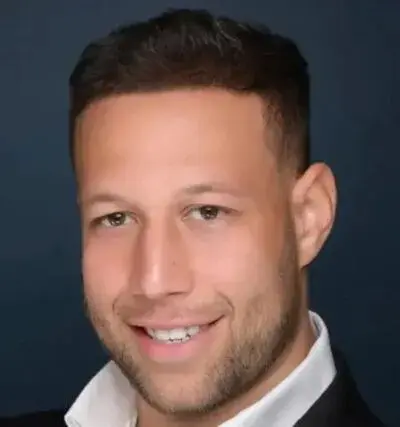
Chief Executive Officer
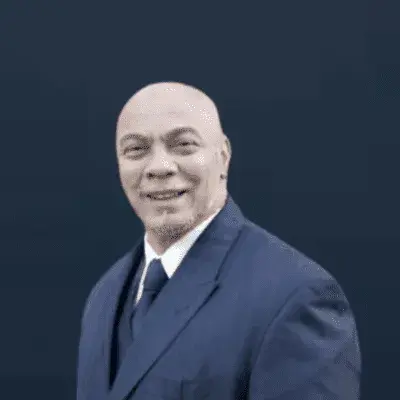
Business Development Manager

National Director of Business Development

Assistant Director of Nursing

Director of Business Development
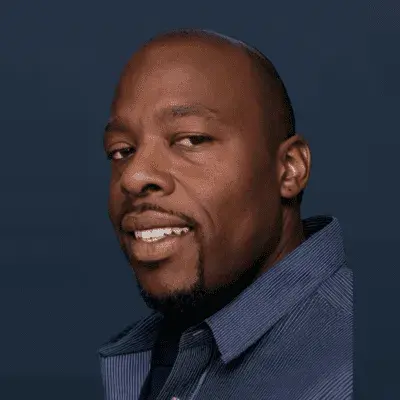
Clinical Director
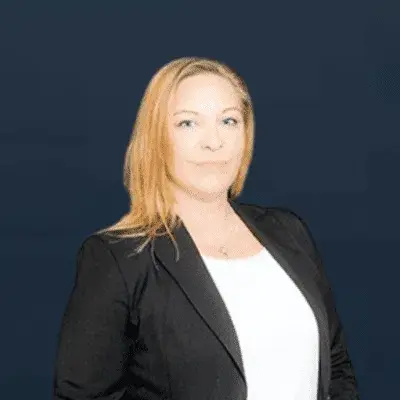
Therapist
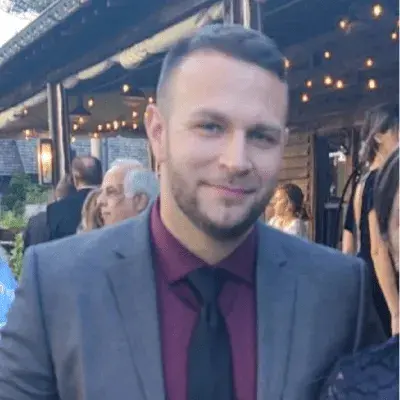
Director of Operations
Accreditations

LegitScript has reviewed Atlanta Detox Center as part of their certification program, and has determined that it meets the LegitScript standards for legality, safety and transparency.
LegitScript verified in June 2024

State Licenses are permits issued by government agencies that allow rehab organizations to conduct business legally within a certain geographical area. Typically, the kind of program a rehab facility offers, along with its physical location, determines which licenses are required to operate legally.
State License: Georgia

The Joint Commission, formerly known as JCAHO, is a nonprofit organization that accredits rehab organizations and programs. Founded in 1951, the Joint Commision's mission is to improve the quality of patient care and demonstrating the quality of patient care.
Joint Commission Accreditation: Yes

The National Association of Addiction Treatment Providers (NAATP) is a professional association that represents organizations in the field of addiction services. Founded in 1978, NAATP's mission is to advance addiction services and ensure that high-quality addiction treatment is available and accessible.
NAATP Member: Yes
